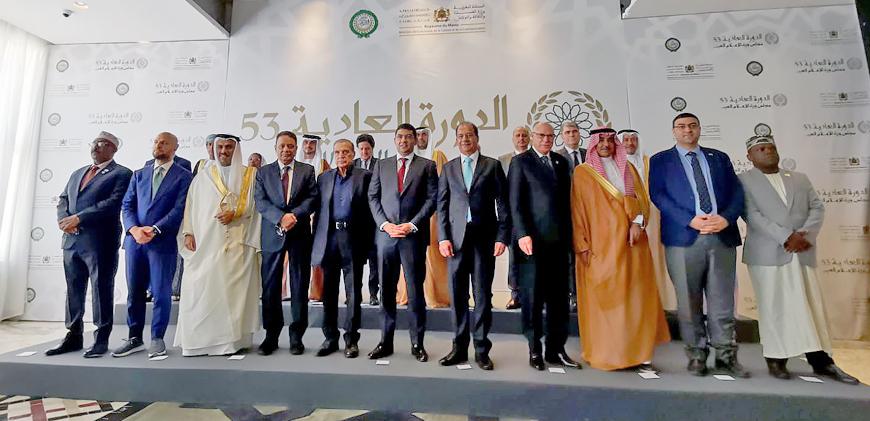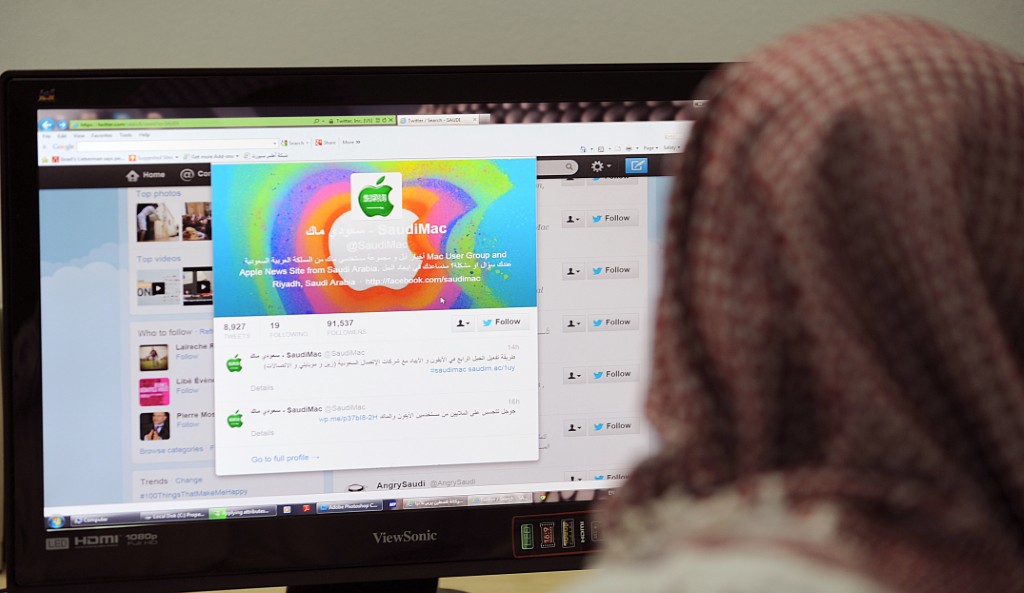Rabat, Morocco – The Council of Arab Information Ministers which gathered for its 53rd regular session here on Wednesday unanimously endorsed a unified Arab guiding draft law and strategy to regulate social media platforms.
Violations of the law by social media companies could result in penalties ranging from $100,000 to $2 million, or up to 6 percent of the total revenues of social media operations globally, whichever is higher. Violators may also face temporary suspension until they rectify their status.
The strategy addresses a wide array of “illegal content” including, but not limited to, false and fake news, disinformation campaigns, and actions that systematically and financially influence democratic electoral processes.
Other prohibited content includes the promotion of banned institutions, actions endangering state security, publication of forged documents, disruption of societal peace, and promotion of criminal, terrorist, and extremist organizations.
The prohibition also extends to violations of privacy, hate speech, provocations of sectarian strife, incitement of violence and extremism, pornographic content, and child exploitation.
The law applies to profit-seeking multimedia service providers and media content, including Internet platforms and applications facilitating user content sharing or public content creation. Social media platforms with 500,000 or more users in the law-enforcing country fall under the strategy’s ambit.
The strategy also aims to regulate digital broadcasting platforms operating on streaming technology, like OTT applications and IPTV services, including platforms like Netflix, Apple TV, Amazon Prime Video, Hulu, and Disney+. It excludes platforms that deliver journalistic content or reflect a journalistic, media, or editorial perspective.

As for digital broadcasting platforms, the strategy stipulates regulations for content involving content considered ethically and morally inappropriate for the Arab audience, or content that is against Arabs and Muslims.
It also lays down rules for displaying advertisements within the content of these platforms.
Media companies obliged to cooperate
International media companies are obliged under the strategy to provide clear channels for reporting illegal content and legal representation in the Arab countries.
They must empower human resources and develop technical capabilities to handle complaints, deleting overtly illegal content within 24 hours and ambiguous content within seven days of the complaint.
The strategy also mandates prohibits the use of technologies (algorithms) that obscure or limit the dissemination of content advocating for the justice of the Palestinian cause and Al-Quds Al-Sharif, provided it doesn’t contravene other aspects of international law.
It compels prompt cooperation from these companies with official authorities during health or security crises. It also advocates the empowerment of individual users and civil society groups working to safeguard user rights and interests, regulating content on digital platforms, and barring repeat offenders from these platforms.
The law also addresses the lack of authentic Arabic content directed at the Arab audience on these platforms, including content supporting the Palestinian cause.
Special Committee
A special committee tasked with the development of an execution plan for this unified strategy met during the council’s session. They approved proposed executive mechanism and consented to the formation of an Arab working group, spearheaded by Jordan, to oversee its implementation.
The strategy, once operational, will prioritize modernization and align with the evolving media and communication sector, in compliance with regulations governing the Arab countries.
Its ultimate objective is to establish a harmonized Arab legislative and fiscal base, which will safeguard Arab content and users, and recoup lost media revenue resulting from its usage by international companies.
Developed by Jordan after scrutinizing international experiences, particularly European ones, the strategy stresses the significance of social media as a medium for communication and public discourse.
It also underscores the need to shield these platforms and their users from hate speech, harmful content, and criminal activities in the digital space, mirroring regulations governing physical reality.
The strategy incorporates measures to combat digital hatred against Arabs and Muslims, ensure fairness towards Palestinian content, and also see to it that digital content published in any Arab nation complies with local legislation. The creator of the content and the platform hosting it bear the responsibility for any illegal content, in accordance with existing media laws.
Arab technical team
The Council also sanctioned the establishment of an Arab technical team. This team, led by Jordan and composed of representatives from Saudi Arabia, the United Arab Emirates, Egypt, Morocco, Tunisia, Iraq, and the Technical Secretariat of the Council, is set to negotiate with international media companies.
Their inaugural meeting is scheduled for July in Amman, where they will devise an action plan and negotiation framework.








